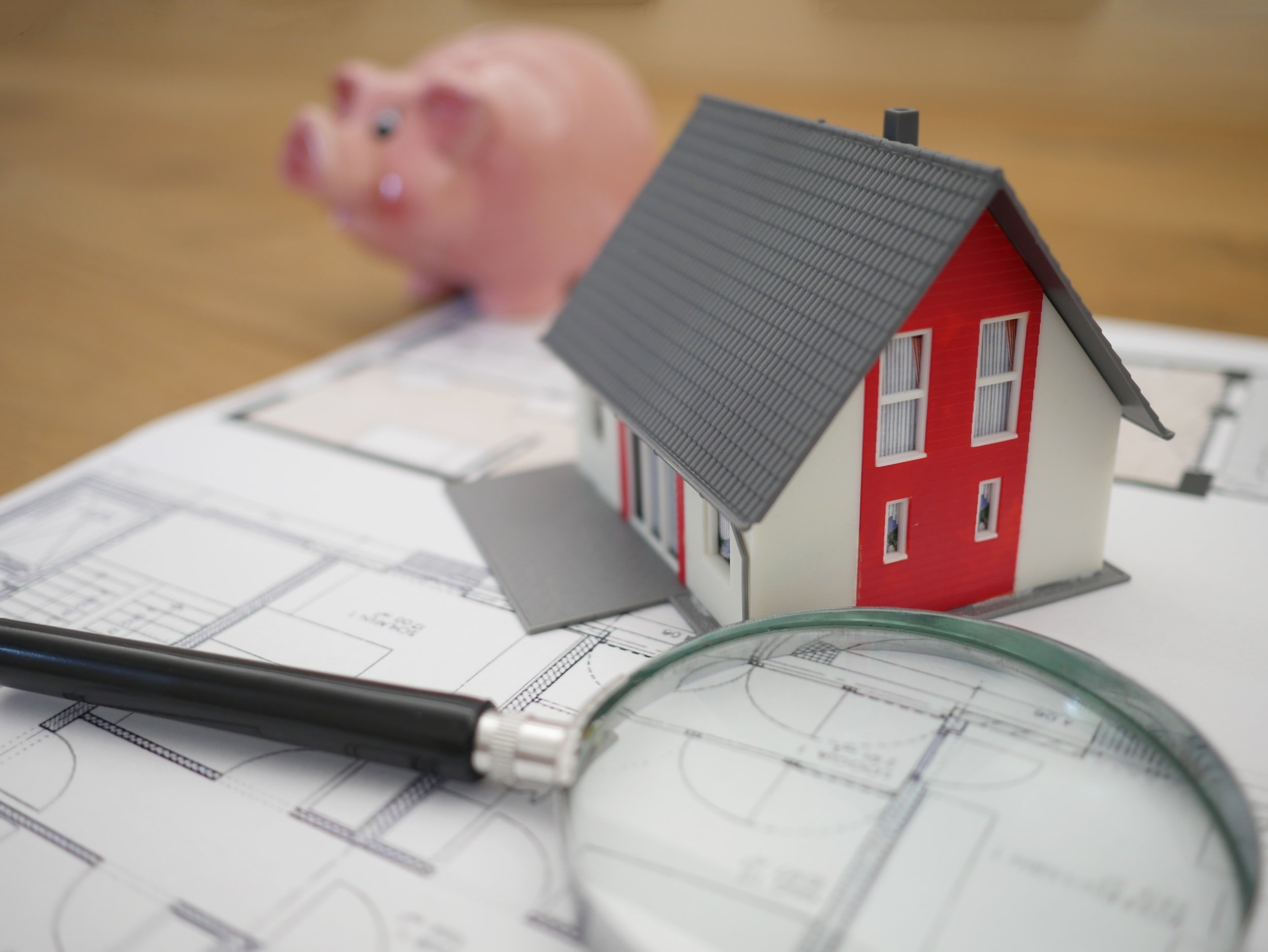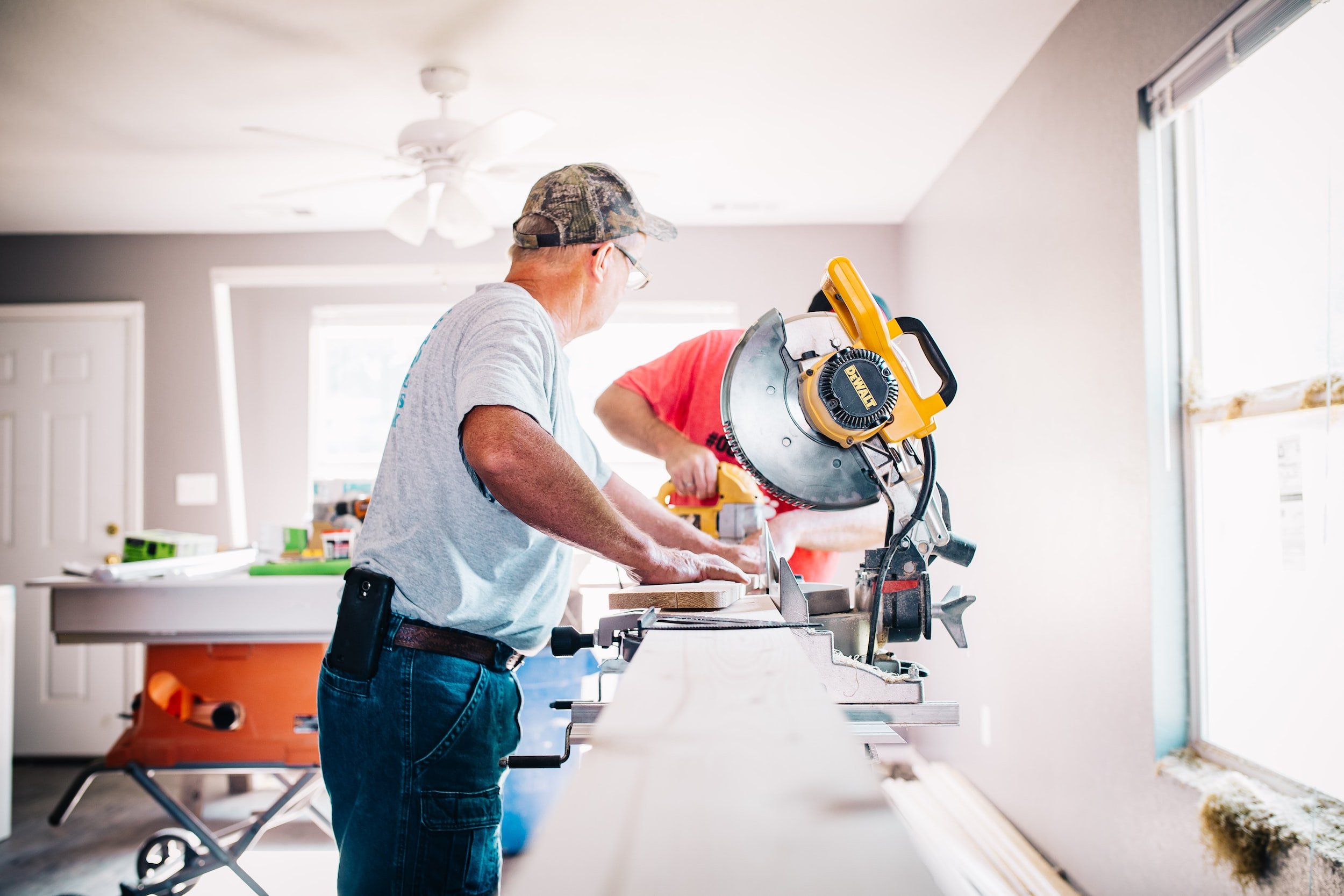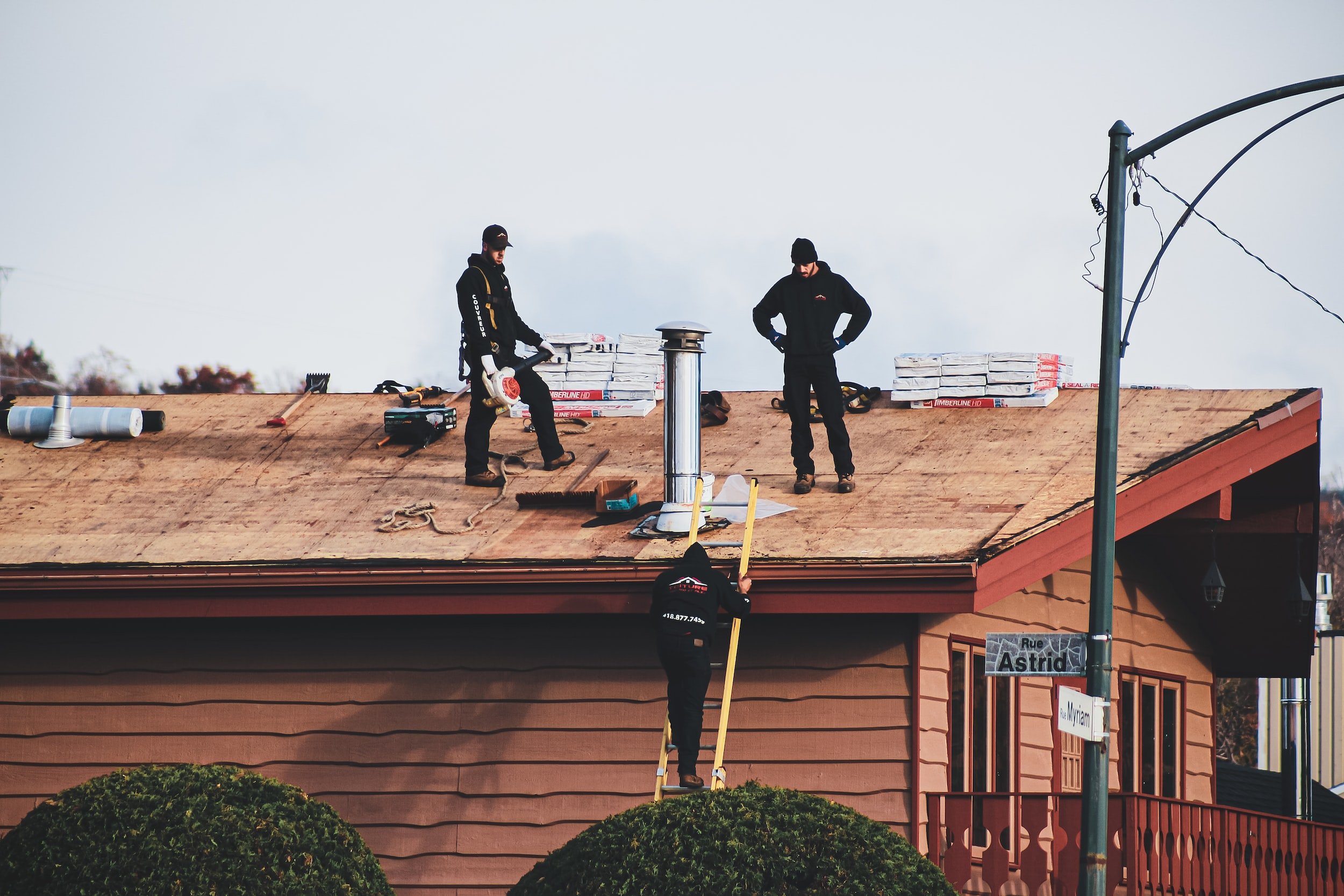If you’re a homeowner, you’ve probably heard the term “home equity” thrown around before. But what does it mean, and why should you care?
Let’s break it down.
Home equity means how much of your house you own. It’s like having a pizza that you share with your friends. The whole pizza is like your house, and the part that you get to keep for yourself is your home equity. You can figure out how much home equity you have by taking away the money you still owe on your house from how much your house is worth now. In other words, it’s the amount of ownership you have in your property.
Why is this important? Well, for starters, it can be a significant source of wealth for homeowners. As your property value increases over time and your mortgage balance decreases, your home’s equity grows. This can provide financial flexibility to achieve your goals, like paying for home improvements or funding your child’s college education.
But that’s not all. Home equity can also be a valuable tool for retirement planning. By tapping into your equity, you can supplement your income during your retirement years. Plus, having equity in your home can provide a sense of security and stability, knowing that you have a valuable asset that can be used if needed.
In this blog, we’ll explore everything you need to know about home equity, from understanding how it works to the pros and cons of different ways to access it.
How Home Equity Works

As we mentioned earlier, home equity is the amount of ownership you have in your property. Let’s say you have a house worth $1,000,000 but still owe $500,000 on your mortgage. That means your home equity is $500,000 because you own half of the house and owe the bank the other half.
Another way to think about it is like a piggy bank. Every time you pay your mortgage, it’s like putting some money in your piggy bank. The more payments you make, the more money you have in your piggy bank, and the more of your house you own.
Different Ways to Calculate Home Equity

There are two ways to figure out how much of your house you own, and they are both pretty simple. The first way is called the “loan balance method,” with the loan balance method, you subtract the amount of money you still owe on your house from how much your house is worth now.
The second way to calculate your home equity is called the “appraisal method.” With the appraisal method, you have an appraiser come over and look at your house to see how much it’s worth. Then, you subtract any money you still owe on your house from the value the appraiser says it’s worth.
For example, let’s say your house is worth $1,000,000 now, and you still owe $500,000 on your mortgage. Using the loan balance method, you would subtract $1,000,000 from $500,000 and determine your home equity is $500,000.
If you used the appraisal method, you would have an appraiser come over and say that your house is worth $1,000,000 Then, the appraiser would subtract the $500,000 you still owe on your mortgage from the $1,000,000 appraisal value and find out that your home equity is $500,000.
Factors that Affect Home Equity

- 1. Paying your mortgage: Every time you pay your mortgage, you own a little bit more of your house, and your home equity goes up.
- 2. House value: If your house becomes more valuable (like if you make improvements), your home equity will increase. If your house becomes less valuable (like if a big storm damages your house), your home equity will decrease.
- 3. Owning your house for a long time: The longer you own your house, the more time you have to pay off your mortgage and build up your home equity.
- 4. Interest rates: If interest rates go up, it can make it harder for you to make your mortgage payments, slowing down how quickly you build up your home equity.
- 5. Home improvements: If you make improvements to your house (like adding a new room or updating the kitchen), it can increase the value of your house and boost your home equity.
Pros and Cons of Home Equity Loans
Advantages of Home Equity Loans:
- 1. You can borrow money using the equity in your home.
- 2. Compared to other types of loans, home equity loans usually have lower interest rates.
- 3. You can use the money to improve your home or pay for other expenses.
- 4. Home equity loans can provide a large lump sum of money, useful for larger expenses like home renovations or medical bills.
- 5. Borrowers can often save money by deducting the interest on their home equity loans from their taxes.
- 6. Home equity loans are often easier to obtain than other types of loans because they are secured by the value of your home.
Disadvantages of Home Equity Loans:
- 1. Failure to repay your home equity loan on time could lead to losing your home.
- 2. The costs of closing and fees linked with home equity loans can be high, adding up to the total cost of borrowing.
- 3. If you can’t make payments on a home equity loan, it could put your home at risk, potentially leading to foreclosure and, ultimately, the loss of your home.
- 4. When the value of your home decreases, it’s possible to end up owing more on your home equity loan than the actual worth of your home.
- 5. Home equity loans can encourage over-borrowing, leading to a cycle of debt and financial stress.
Using Home Equity Wisely

Here are some smart things you can do with your home equity:
- 1. Home improvements: You can use your home equity to pay for improvements to your house, like a new kitchen or bathroom, that can increase the value of your home.
- 2. Debt consolidation: If you have other debts (e.g., credit card debt), you can use your home equity to pay them off, which can help you save money on interest and make it easier to manage your finances.
- 3. Education expenses: If you or your children need to pay for education expenses, like tuition or books, you can use your home equity to cover the costs.
- 4. Emergency expenses: You can use your home equity to help pay for unexpected expenses like medical bills or home repairs.
- 5. It’s important to remember that while using your home equity can be helpful, you should only do it if you can afford to make the payments.
Here are some things to be careful of:
- 1. Don’t borrow more money than you need. Just because you have access to a lot of money doesn’t mean you should spend it all.
- 2. Be careful about using the money for things that don’t increase the value of your home. For example, using money to buy a new car may not be a good idea since cars lose value over time.
- 3. Don’t take out a home equity loan if you can’t afford the payments. You could lose your home if you didn’t make the payments.
- 4. Be wary of scams and people who try to take advantage of you. Always read the fine print and ensure you understand what you’re getting into before signing anything.
- 5. Taking out a home equity loan to pay for short-term expenses or purchases that don’t provide long-term value could leave you with a high debt and no equity to show for it. It’s important to carefully consider whether a purchase or expense is worth taking on additional debt before using your home equity.
Home Equity Line of Credit (HELOC)
What is a HELOC?
A HELOC is a special loan that uses your home as a guarantee or “security.” It’s like a piggy bank that you can use whenever necessary.
Let’s say you have a house worth a lot of money, and you’ve paid off some of the mortgages. You can ask the bank to give you a HELOC, like a credit card tied to your house. This means you can borrow up to a certain amount, and the bank will use your home as a security if you can’t pay them back.
You can use the money from your HELOC for things like home improvements, paying for college, or even going on vacation! But just like a credit card, you have to be careful not to borrow more money than you can repay. Otherwise, you might have to sell your house to repay the bank.
How to use a HELOC
A HELOC is like a credit card that uses your home as collateral. Remember how we talked about home equity? A HELOC is a way to borrow money using your home’s equity. It’s like having a special bank account you can use whenever necessary.
Here’s how it works: let’s say you have a HELOC for $20,000. You don’t need to use all that money simultaneously, but it’s there if you need it. If you want to use $5,000 to buy a new car, you can take that money out of your HELOC. You’ll have to pay it back, but you only have to pay back the amount you borrowed, not the full $20,000.
A HELOC can be used for many different things, which is convenient. You may need to pay for some home repairs or a family vacation. You can use your HELOC for those things if you have available funds. Remember that you have to pay it back, and the interest rate on a HELOC can change over time.
Risks and Benefits of using a HELOC
Benefits:
- 1. You can use the money for home repairs, education, or emergencies.
- 2. You can borrow money quickly whenever needed instead of all at once.
- 3. You only have to pay interest on the money you borrow, not the whole amount you can.
- 4. The interest rates on a HELOC are often lower than other types of loans.
Risks:
- 1. Like a home equity loan, you could lose your home if you don’t repay what you borrow.
- 2. The interest rate on a HELOC can change, which means your payments could go up.
- 3. If the value of your home goes down, you could end up owing more on the HELOC than your home is worth.
Building Equity in Your Home

Here are some tips for increasing your home equity:
- 1. Make extra payments: If you can afford it, make extra payments on your mortgage. This will reduce the amount you owe and increase your home equity.
- 2. Improve your home: By improving your home, such as adding a new bathroom or updating your kitchen, you can increase the value of your home and your home equity.
- 3. Maintain your home: Keeping up with maintenance tasks, such as fixing leaky faucets or repairing your roof, can prevent small problems from becoming bigger and more expensive. This will help maintain the value of your home and your home equity.
- 4. Refinancing: If interest rates have decreased since you first got your mortgage, you can refinance and get a lower interest rate. This can help you repay your mortgage faster and increase your home equity.
- 5. Avoid taking out additional loans: Additional loans, like a car loan, can decrease your home equity. Try to avoid taking on new debt and focus on paying off your existing debts.
There are several ways to make your home more valuable, which can help increase your home equity. Here are some tips:
- 1. Renovations: Renovating your home can make it more valuable. This includes updating your kitchen or bathroom, adding a new room, or finishing your basement.
- 2. Enhance curb appeal: The outside of your home is the first thing people see, so improving it can increase its value. This includes landscaping, painting the exterior, and adding new siding.
- 3. Energy efficiency: Making your home more energy-efficient can make it more valuable and save you money on utility bills. This includes upgrading your windows, adding insulation, and installing a programmable thermostat.
- 4. Maintenance: Keeping your home in good condition can help maintain its value. This includes fixing leaks, repairing any damage, and keeping up with regular maintenance tasks like cleaning gutters and changing air filters.
- 5. Smart technology: Adding smart technology to your home can increase its value. This includes a smart thermostat, smart lighting, and a home security system.
Is Home Equity a Safe Investment?

When it comes to investing in home equity, several factors must be considered before making any decisions. The housing market’s current state is one of those factors. If the value of houses in your area rises, investing in home equity can be a safe and profitable option. However, investing in home equity may not be the best idea if the market is stagnant or declining.
Another factor to consider is your financial situation. Investing in home equity requires a significant amount of money upfront, so it’s important to ensure that you have enough funds available to cover any unexpected expenses that may arise. Additionally, if you plan to use a home equity loan to invest in other areas, such as a business or stocks, it’s important to have a solid plan and consider the potential risks associated with these investments.
While investing in home equity can be a smart financial move, it also comes with some risks. One of the biggest risks is that the housing market can be unpredictable and fluctuate over time. If you invest in home equity and the market takes a downturn, you could lose a significant amount of money. It’s also important to consider the potential impact on your credit score and ability to borrow money in the future, as taking out a home equity loan can affect both factors.
In conclusion, home equity can be a safe and profitable option under the right circumstances. However, it’s important to consider all the factors involved, including the current state of the housing market, your financial situation, and the potential risks associated with investing in home equity. With careful planning and consideration, you can make a smart investment decision to help you build wealth.

